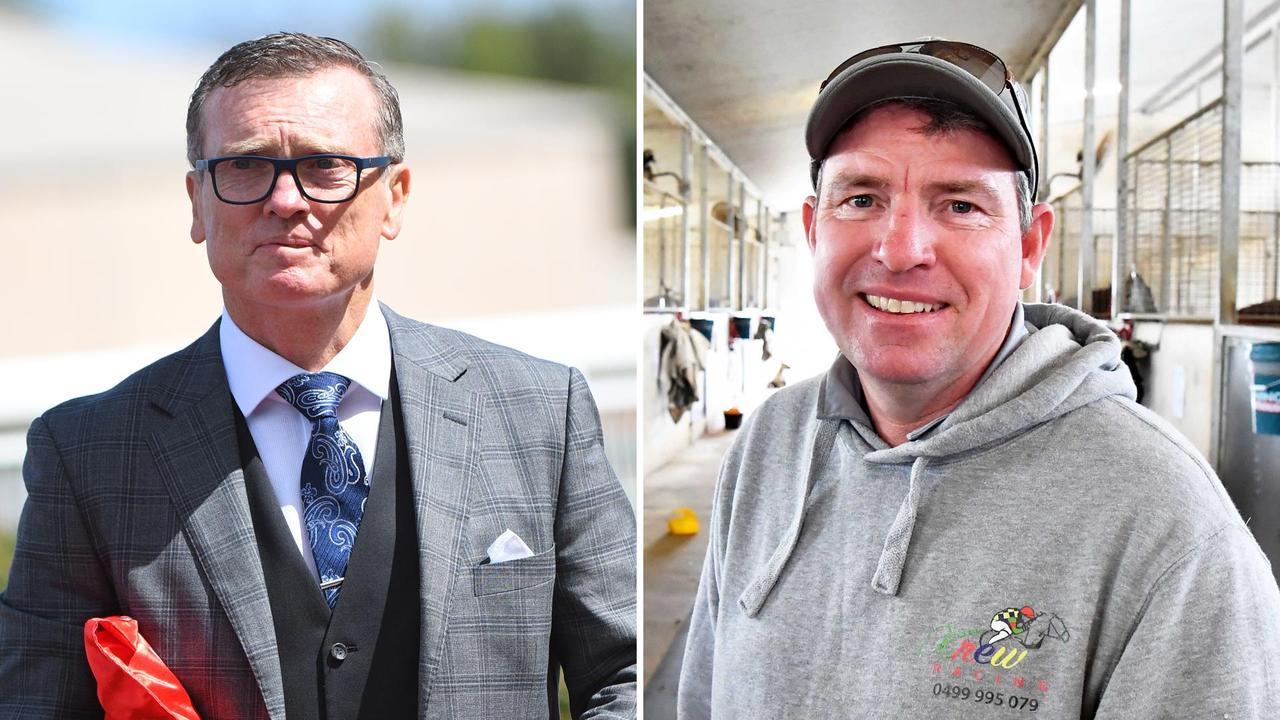SEOUL, South Korea >> For more than a decade, Li Dongmei operated a series of kindergartens and schools for young children, withstanding the realities of China’s declining birthrate. She finally faced the music in 2020. The shrinking number of children meant ever smaller enrollments of babies and toddlers at her schools.
The social and economic ruptures of the COVID-19 pandemic were the breaking point, and she shifted her focus to a different and more abundant set of pupils: the elderly. At her education center in Jinan, a city in eastern China, she now offers singing, dancing, music and art classes for seniors. She organizes activities and educational trips for her students.
Unlike schoolchildren who have summer and winter holidays, Li said, older people take classes all year round. And the classes are full. “The biggest economy is the silver economy,” said Li, 36.
“It is bigger than the children’s market.” China’s aging society is expected to deplete the vigor and vitality of the world’s second-largest economy in the coming decades. But the adverse effects of demographic change are already apparent for Chinese businesses that cater to children.
Many are scaling back operations or changing course. Dairy companies that produced formula for China’s infants are now developing powdered milks for seniors. Proprietors of preschools and kindergartens are closing those facilities to start senior care centers.
A technology firm that made devices for parents to track.


















